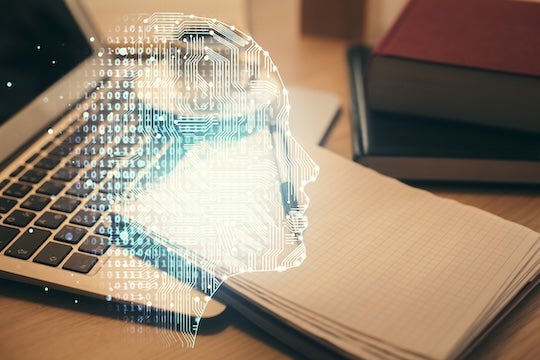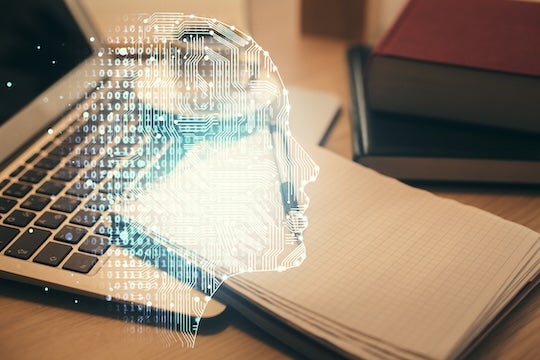ChatGPT, the generative artificial intelligence (AI) technology developed by OpenAI, could help humans with daily, creative tasks — even tasks typically thought to require the human ability to “read between the lines,” according to new research by the University of Houston and Rice University. Its capability has proven to be superior compared to traditional Google search or even human brainstorming without any technical assistance, the study authors argue.
The paper, “An empirical investigation of the impact of ChatGPT on creativity,” published in Nature Human Behavior, details five experiments the research team performed on ChatGPT (GPT-3.5) designed to assess the creative ideation capabilities of the program. The researchers asked participants to generate creative ideas using ChatGPT, Google or with no assistance. They then employed two groups of coders: participants from the same population and expert judges with more than five years of relevant business experience. Both groups of coders — blind to the conditions — rated the ideas generated by ChatGPT as superior in creativity.
The study indeed found that using ChatGPT can increase the creativity of responses to problem-solving tasks of daily life such as generating gift ideas, or repurposing unused items. ChatGPT’s strength lies in its ability to bring together diverse concepts in a clear and coherent manner, according to the researchers. It can combine remotely related concepts into a cohesive form, the authors argue.

“Our results show that ChatGPT is highly effective at generating ideas that are incrementally new rather than radically new,” wrote authors Byung Cheol Lee, assistant professor at UH’s C.T. Bauer College of Business, and Jaeyeon (Jae) Chung, the William S. Mackey Jr. Distinguished Assistant Professor at Rice’s Jones Graduate School of Business. “This result stems from ChatGPT’s proficiency in combining various concepts from its database rather than inventing entirely new concepts from scratch.”
ChatGPT also showed competence in tasks that people expect to require empathy, according to the report.
“Prior beliefs have often emphasized the uniquely human ability to understand emotions, empathize and ‘read between the lines,’ leading to expectations that ChatGPT would fall short in scenarios that appear to require such emotional understanding,” the authors wrote. “Contrary to these expectations, however, our results show that ChatGPT demonstrates remarkable performance in these very tasks. This finding highlights ChatGPT’s potential for assisting not only in analytical tasks but also in tasks that traditionally require emotional understanding.”

